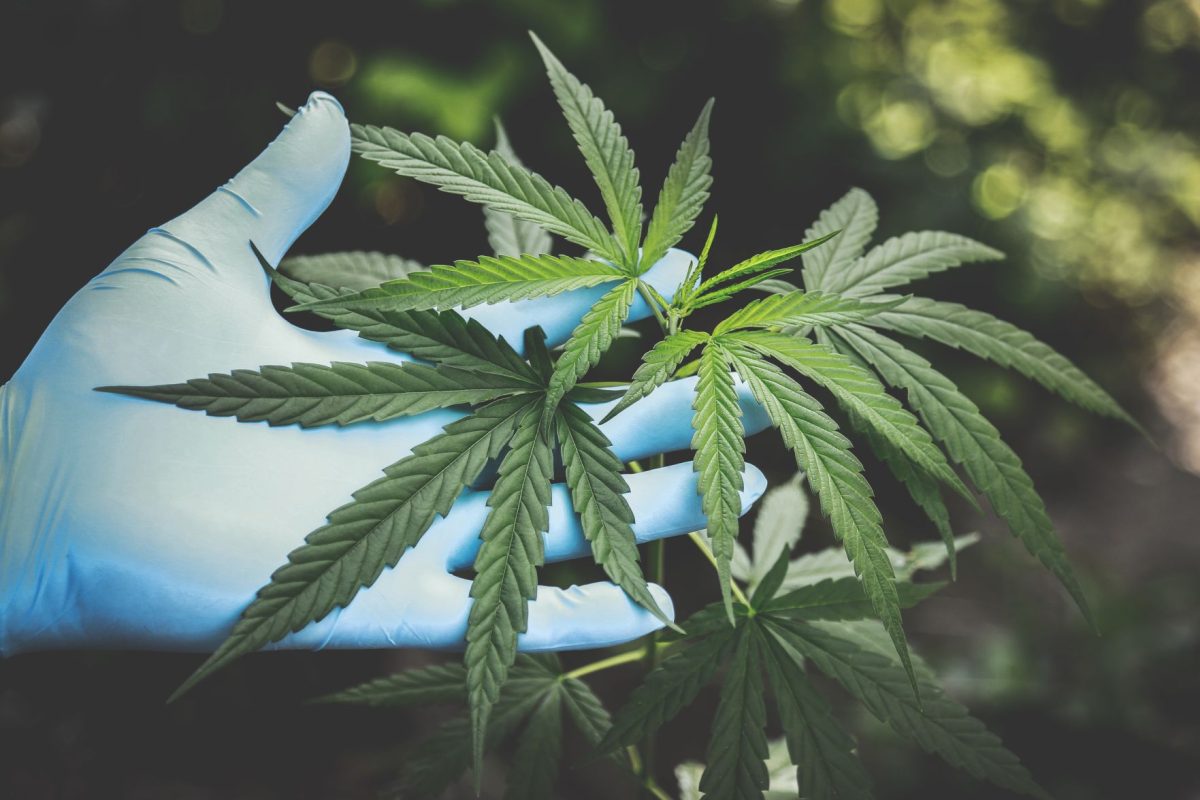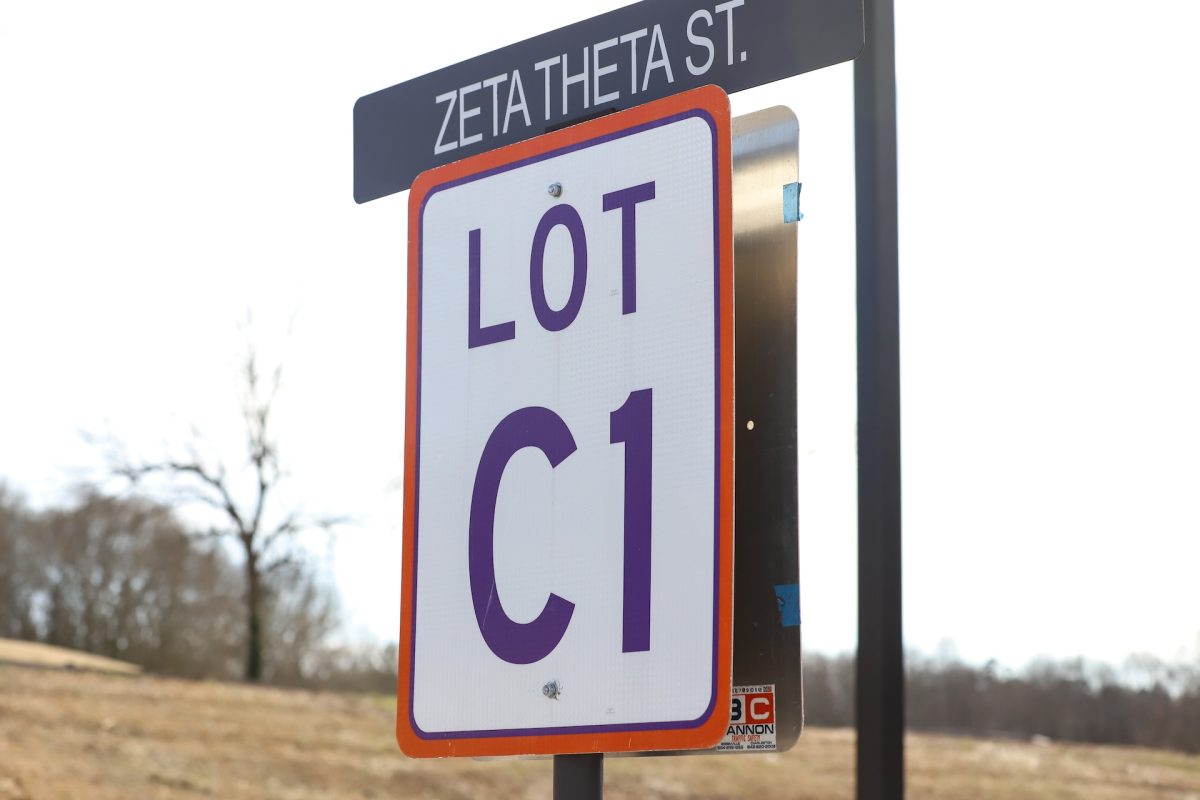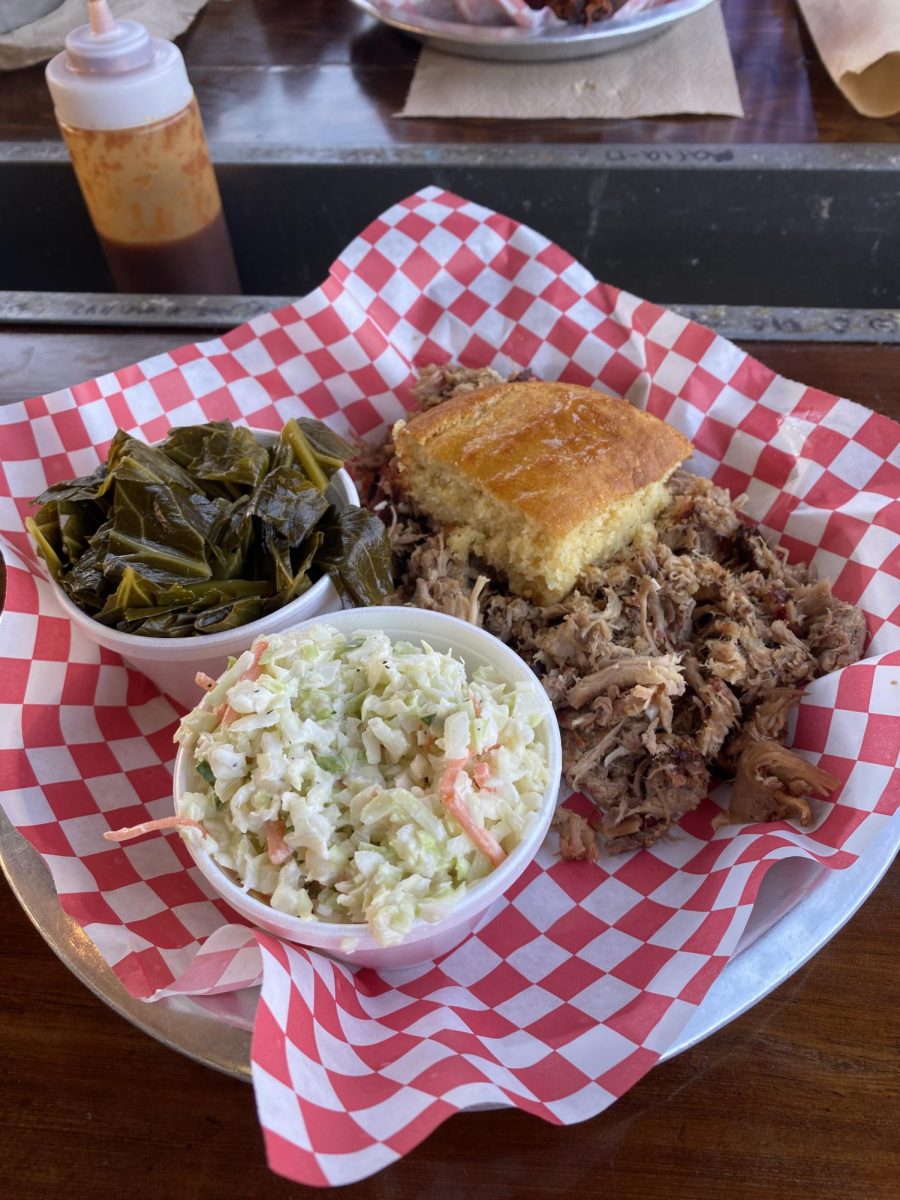Among the many industries slammed by the coronavirus pandemic, the recreational cannabis industry is both on the brink of collapse and surging to unexpected degrees.
Many dispensaries in major states like California were bottoming out even before the virus hit the United States, with stocks down as much as 90%. These numbers came after the backing out of large investors due to projections that were wildly optimistic and left unmet, the lack of capital to relieve their debts and the nonexistence of federal banking or loan programs for the companies technically selling a Schedule 1 drug.
These numbers made massive corporate buyouts one of the only options for revenue, leaving dispensaries and growers with their hands tied until the surge that came along with the early phases of the coronavirus pandemic. The recreational industry nationwide saw record jumps in daily sales and stock value, buying themselves a bit more time.
These state populations were stockpiling cannabis for quarantine without visible end, and some stores found themselves with both online and pickup orders jumping as much as 52% to 130% when compared to January. Even more recently in early April, Harborside, Inc. saw business increase as much as 20%-25%.
More than 1,300 Californian stores began using external delivery companies like Jane Technologies to accommodate for the 142% increase in new, online users, and other delivery services like Grassp are seeing the same types of boosts. Some of the dispensaries themselves have begun utilizing in-house delivery services and curbside pickup to keep social distancing in check.
These numbers, while encouraging, don’t pull the industry out of the water.
On the East Coast, Massachusetts-licensed recreational dispensaries were ordered by Gov. Charles Baker to shut down for at least two weeks, calling reopening a “non-starter.” This was met with pleas —and later a lawsuit— from New England businesses, who claimed that closing will do irreparable damage with the state only now surging in cases.
Industry leaders argued that they should be open as “essential business,” and offered alternative options to work in accordance with social distancing like the medical cannabis industry, but lost at trial.
“Significant numbers of the customers who procure cannabis at recreational marijuana dispensaries in Massachusetts are not from Massachusetts,” Baker said last week. “Making those sites available to anybody from the northeast would cut completely against the entire strategy we’re trying to pursue.”
Meanwhile, liquor stores remain open and are listed as “essential.”
Legalization movements face similar but reasonable setbacks due to the coronavirus. They don’t believe that they’ll be able to pass legislation on the matter due to the inability to obtain signatures and the nation’s strong focus on finding treatment. However, on the bright side of the movement, many states have declared cannabis as an “essential” business in writing, forcing the recognition of its medical benefits and public need.
The industry’s position, while on the rise in some areas, seems to be “afloat with a leak,” biding time until it flounders. However, cannabis legalization over time would give a major boost to an economy close to recession and salvation to an industry that’s long overdue for an apology.
Recent legalization in Illinois led to nearly $40 million in sales, and legalization in Colorado back in 2012 led to the first $40 million collected in taxes to go to the construction of schools. The industry has the potential to be worth a staggering $40 billion every year domestically, generating an estimated $7 billion per year in taxes.
Federal legalization would lead to the end of cannabis busts, which totaled over 7 million from 2001 to 2010. It would also save states around $3.6 billion every year from the enforcement of cannabis laws. Legalization also has the potential to cut Mexican drug cartel profits by as much as 30%.
With the current White House administration seeming to double-down on their cannabis policy pre-pandemic, the floor may be open to new suggestions on getting the United States back on track at the coronavirus’ tail-end. It’s yet to be seen if the pandemic will sink the recreational cannabis industry or boost it, but the nation’s focus is elsewhere for now. In the future, we may witness a historic rise in an industry that is, in some senses, guaranteed to blossom.









